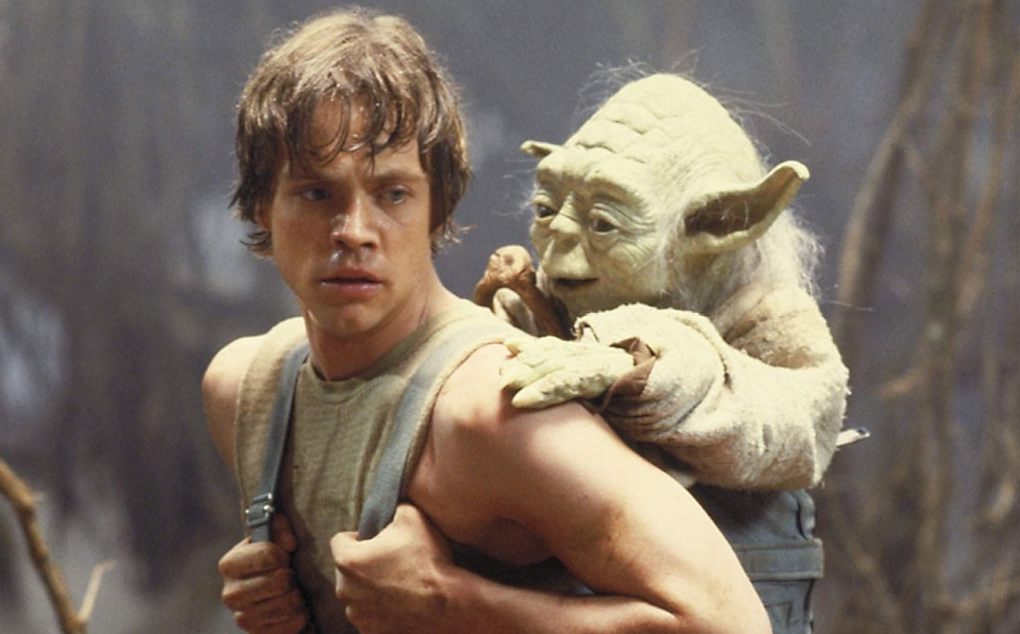I’m hedgehog when it comes to seeking out insights on how to improve my craft — single-minded in my pursuit. So when two people on my must follow list – Daniel Coyle and Doug Lemov – spotlighted the same story in The New Yorker called “Every Boy Does Fine”, I stopped cold in my tracks and paid attention.

The article is by world class pianist Jeremy Denk. It’s an insightful look back at the role that a master teacher-coach can have on one’s development. As Coyle puts it, Denk’s retrospective is a “greatest-hits album of insights that apply to all of us.” Brilliantly said. (Here’s a video that captures the essence of it all.)
Now… Let me preface what’s going to happen next by sharing a thought from Michel de Montaigne:
“When I quote others I do so in order to express my own ideas more clearly.”
So forgive me Mr. Coyle as I do a full on cut, paste and steal from you. I dare not muddle up what’s already be said so well. I strongly encourage everyone to read the full post AND follow @DanielCoyle.
5 Lessons On How To Spot A Master Teacher (by Daniel Coyle)
1. Master teachers love detail.
They worship precision. They relish the small, careful, everyday move.
2. They devise spectacularly repetitive exercises to help develop that detail…
…and make those exercises seem not just worthwhile, but magical. As Denk writes, “Imagine that you are scrubbing the grout in your bathroom and are told that removing every last particle of mildew will somehow enable you to deliver the Gettysburg Address.”
3. They spend 90 percent of their time directing students toward what is plainly obvious.
They spend the other 10 percent igniting imagination as to what is possible.
4. They walk a thin line between challenging and supporting.
They destroy complacency without destroying confidence. This is tricky territory, and requires empathy and understanding on both sides — particularly when it comes to understanding the moment when it’s time to move on.
5. They do not teach lessons; they teach how to work.
As Denk writes, they “ennoble the art of practice.” (Isn’t that a fantastic phrase?!)
Master Teachers Are NOT…
Coyle finishes by drawing an important line to what master teacher-coaches are not:
“Denk shows what the master teachers are not; namely infallible superheroes. Master teachers are master teachers because they’re good learners, constantly reaching to build the ultimate skill: constructing the talents of others.”
These lessons definitely apply to us all. Yes, there is an exactitude about which the great teacher-coaches work. Or, as master teacher and good friend, Dena Evans, puts it: ‘Winning coaches pay a ridiculous attention to detail.‘
What I love about Denk’s story is his description of the artistry that’s involved in being a master teacher; that is, to make what we teach ‘seem not just worthwhile, but magical.’
What a beautifully challenging call-to-action for us all.
/sef.